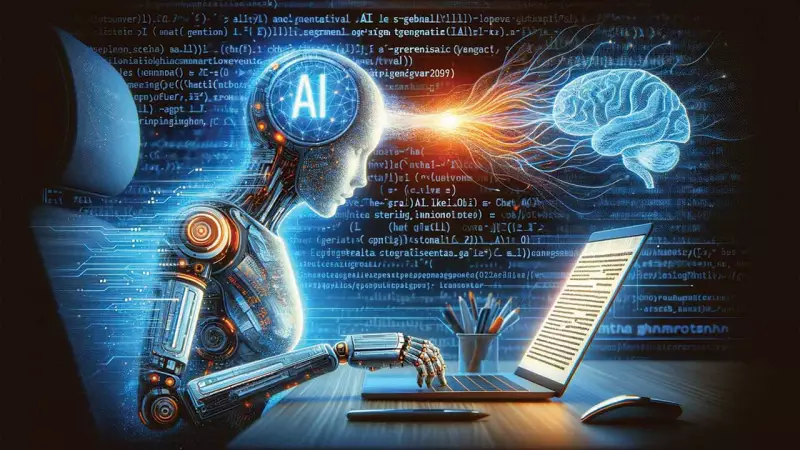
The global artificial intelligence revolution is accelerating at an unprecedented pace, but Nigeria faces a critical obstacle that could determine its position in this technological race: reliable electricity. While nations worldwide invest billions in AI development, Nigeria's persistent power challenges threaten to marginalize the country in the emerging digital economy.
The Power Bottleneck in Nigeria's Tech Ambitions
Across Nigeria's burgeoning tech hubs in Lagos, Abuja, and Port Harcourt, a common frustration unites innovators and entrepreneurs: unpredictable power supply. AI systems, particularly large language models and machine learning algorithms, require massive computational power that demands stable, uninterrupted electricity. The current reality of generators and frequent outages creates an unsustainable environment for cutting-edge AI development.
Energy Demands of Modern AI Systems
Training sophisticated AI models isn't just computationally intensive—it's energy-intensive. Single AI training sessions can consume more electricity than multiple households use in years. For Nigerian researchers and companies attempting to compete globally, this presents an almost insurmountable challenge given the country's power infrastructure limitations.
Global Competition and Nigeria's Position
While nations like the United States, China, and European countries pour resources into AI development backed by robust energy grids, Nigeria risks being left behind. The gap isn't just about funding or talent—it's fundamentally about whether the lights stay on long enough to run complex computations.
The Economic Implications
The stakes extend beyond technological prestige. Countries that lead in AI development stand to gain significant economic advantages, from creating high-value jobs to attracting international investment. Without reliable power, Nigeria may miss out on the estimated $15 trillion that AI could contribute to the global economy by 2030.
Renewable Energy: A Potential Solution
Some experts suggest that Nigeria could leapfrog traditional power infrastructure by embracing renewable energy sources. Solar and other renewables offer the potential for more decentralized, reliable power that could specifically support tech hubs and data centers crucial for AI development.
Government and Private Sector Response
The situation demands urgent attention from both public and private sectors. Strategic investments in energy infrastructure, particularly focused on supporting technological development, could determine whether Nigeria becomes a participant or spectator in the AI revolution.
The message is clear: in the race for AI supremacy, electricity isn't just another utility—it's the fundamental resource that will separate technological leaders from followers. For Nigeria, addressing the power crisis has become more urgent than ever as the window to join the AI revolution narrows.





